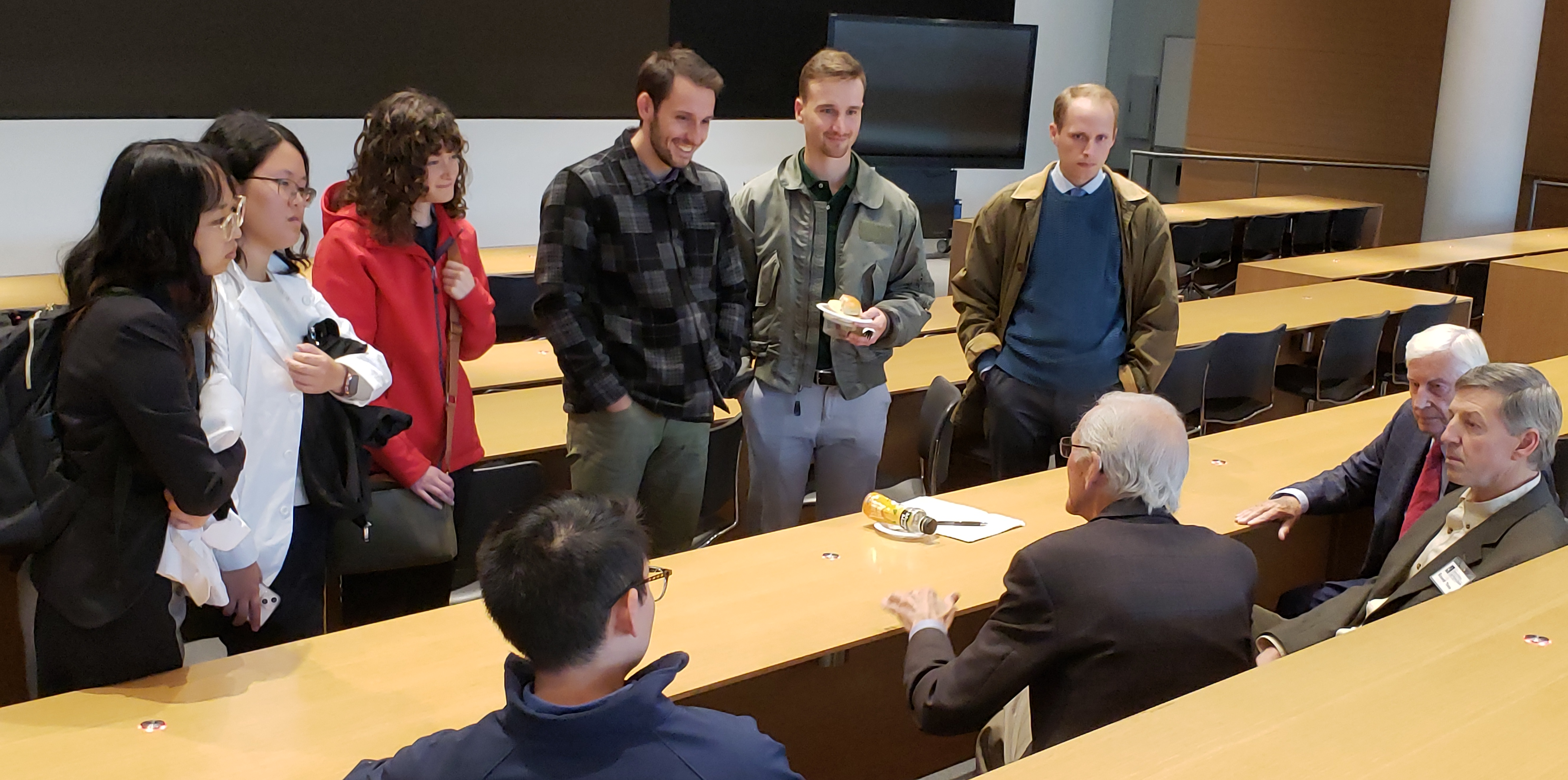The Center for Community Health Integration offers medical educational experiences grounded in relevant research and practice, through the Center and through collaborations inside and outside of Case Western Reserve University (CWRU). To foster learners' development as practitioners, scientists, researchers and scholars, we provide training, resources, experiences and perspectives to nurture future investigators, practitioners and leaders.
Affiliated Programs
Preventive Medicine Residency
The Preventive Medicine Residency at Case Western Reserve University and University Hospitals Cleveland Medical Center works with dedicated community and public health partners to train the next generation of physician leaders in preventive medicine and public health, and to improve health and health care in our large and diverse community. This ACGME-accredited program provides board eligibility in the specialty area of Public Health and General Preventive Medicine, and is one of only two programs in the country that provides an option for dual board eligibility in Family Medicine in a four-year combined program.
Clinical Translational Science PhD Program
CWRU's doctoral program in Clinical Translational Science aims to train world-class clinical translational scientists to lead innovative research that puts scientific discoveries to work toward better human health. Led by CHI Center faculty member Johnie Rose, the program is housed in the Department of Population and Quantitative Health Sciences within CWRU’s School of Medicine.
Urban Health Pathway
The Urban Health Pathway is one of six CWRU School of Medicine programs designed to provide individualized enrichment experiences for students with interest or expertise in pursuits beyond the core curriculum. Led by CHI Center secondary faculty member Lisa Navracruz, the Pathway supports medical students in preparing for their role as doctors in urban communities by providing experience and expertise development in health policy, health advocacy, and caring for medically vulnerable populations. Community experts, patients, and mentors illuminate real-life health concerns as students take part in skill-building opportunities, leadership development, community engagement, and clinical rotations tailored to urban health.
System Dynamics Courses
Building on our expertise in Community-Based System Dynamics, participatory group model building, and computational modeling, CHI Center faculty and staff are developing a teaching program in the Science of Systems Change for Health & Equity. Currently available courses include: SASS (School of Applied Soc Sciences) 500: Special Topics in Applied Social Sciences - System Dynamics of Soc Equity, PQHS (Pop & Quant Health Sci) 499: Independent Study.


